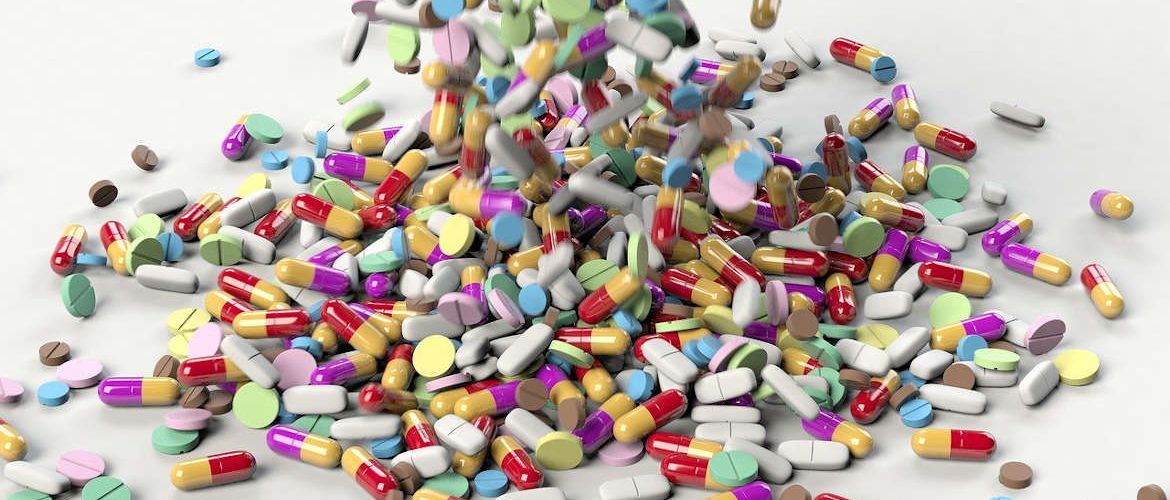
Addiction to hard drugs such as heroin, meth, and crack cocaine aside, a growing worry in the fight against drug abuse in the US is abuse of medication. Millions of people are addicted to medication of every kind. It could be medication for pain, sleep, appetite, anxiety, you name it. You might even know someone who is abusing medicine or some type of opioid. Cannabigerol, or CBG in short, may have the potential to offer cannabis-derived benefits that help affected people let go of medication and opioids. Read on to see how.
How prevalent is addiction to medication and opioids?
According to the National Institute of Drug Abuse (NIDA), in 2017 over 18 million people in the US abused prescription medication. That is a very huge number, one that rivals the volume of people using or dependent on hard illicit drugs. NIDA also reports that the most affected persons are young adults (teens) and older people. Reasons for abuse include addiction to prescription medication, peer/social pressure, mental disorders, and environmental factors.
The most abused drugs in the US as of today are opioids (pain killers) such as Vicodin and Oxycontin, sedatives such as Ambien and Xanax, as well as stimulants such as methylphenidate.
What’s the link between CBG and medication?
The link between CBG and prescription medication, and the reason why it could offer the key to overturning prescription medication abuse is that it too (CBG) is a form of medication for many medical conditions. Research into CBG may be at its early stages but already it’s clear that it can help with treating a lot of the very same ailments whose medication is being abused.
How can CBG stop addiction to medication?
As mentioned earlier, most of the abused medications are opioids, depressants mostly given to people suffering from mental disorders such as anxiety, and stimulants. Overall, we’re talking about medication issued for pain, anxiety, depression, sleep disorders, and appetite. As it so happens, CBG has been seen through scientific studies to have effects that help with these same issues. This is possible because CBG interacts with CB1 and CB2 receptors via the endocannabinoid system in the nervous system. When that happens, CBG can help influence these biological processes.
However, unlike prescription medication that is highly addictive, CBG is not addictive and it cannot get one high (it does not contain the psychoactive THC compound which is present in cannabis).
The medical industry can therefore work towards either using organic CBG to replace these highly addictive medicines or it can make them a key ingredient in these medications as a compromise option. The result would be that addiction and abuse of medications, especially opioids would greatly decline.
What studies are there to show that CBG can replace medication or opioids?
- A 2008 study that found that CBG has antibacterial properties, especially against MRSA.
- A 2016 study on rats that found that CBG has appetite-stimulating
- A 2004 study that found that CBG has the capabilities to help with anxiety and mood.
- A 2010 research study that found that CBG can trigger production of anandamide which is associated with mood and feelings of bliss.




